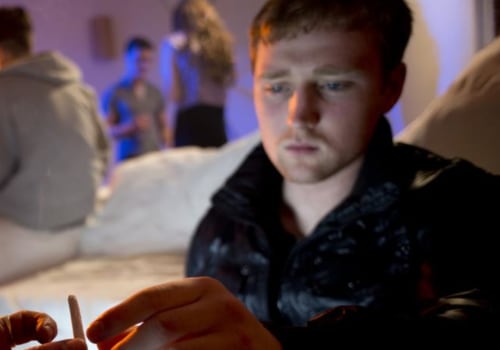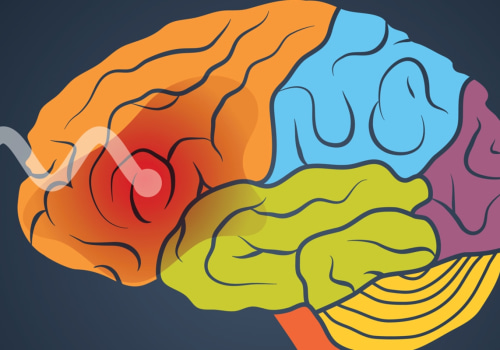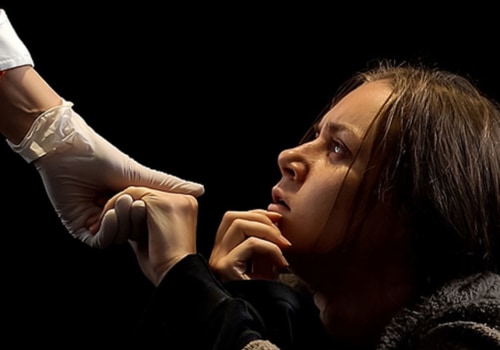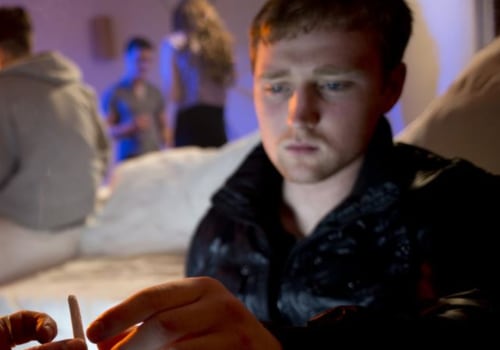It speaks to the power of addiction that when a person is knocked down by an alcohol or substance abuse disorder, their core identity is lost, subsumed or consumed, and replaced by another identity, that of an addict. The addicted individual reconstructs an identity that serves and meets all the demands and needs of addiction. Sexual addiction is defined as any compulsive behavior related to sex that interferes with normal life and causes severe stress on family, friends, loved ones, and the work environment. Similarly, mood disorder can also cause a person's core identity to be lost and replaced by an altered state of being.
Have you ever tried to talk to your addicted loved one about their mood disorder only to have it explode in your face? Have you ever felt crazy, like you did something wrong? Are you being trained to “shut up”? Has your home become a war zone? If you said yes, you need to understand the power of addiction and mood disorders and how they can escalate. Addiction is a progressive and terminal illness. Those who have it are denying it. They suffer from delusions and don't know how sick they really are. Substance users protect their illness through defensive maneuvers and mind games.
They deny the seriousness of their problem by showing dishonest, pathological, intimidating and manipulative behaviors. The binding narrative of addiction creates a communal, tribal cabal of people who identify themselves as addicts, who live according to their own spirit, immune to the norms of other social groups. Not only are some people more likely to use and abuse substances than others and to progress differently from initial use to addiction, but people also differ in their vulnerability to relapses and how they respond to treatments. The emotional pain of abstinence for sex addicts may parallel the physical pain experienced by those who withdraw from opioid addiction. Levinson's sexual addiction treatment programs also offer family counseling programs, support groups, and educational workshops for addicts and their families to help them understand and overcome trauma and betrayal. More research is needed to better understand how these products, as well as emerging addictive substances, affect brain function and behavior and contribute to addiction.
These findings suggest that people addicted to substances experience an overall reduction in the sensitivity of the brain's reward system (especially brain circuits involving dopamine), both to addictive substances and to natural reinforcements, such as food and sex. The cognitive decline of addiction prevents those with it from meditating on complex and deliberate thinking. While a mental health professional must make a real diagnosis of sexual addiction, the following behavioral patterns may indicate the presence of sexual addiction:
- Engaging in risky sexual activities
- Having multiple partners
- Having unprotected sex
- Obsessive thoughts about sex
- Compulsive masturbation
Here are some tips for helping your loved one:
- Be patient – Addiction is a long-term process that requires patience.
- Be supportive – Show your loved one that you care about them by offering emotional support.
- Encourage them – Let them know that they can overcome their addiction if they put in the effort.
- Help them find treatment – Research treatment options for your loved one so they can get the help they need.






